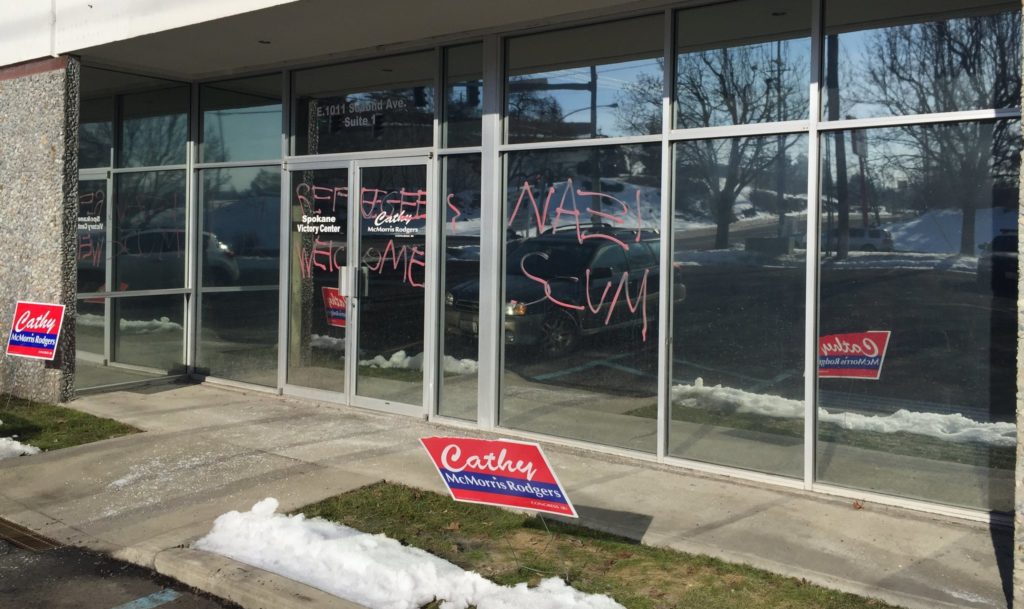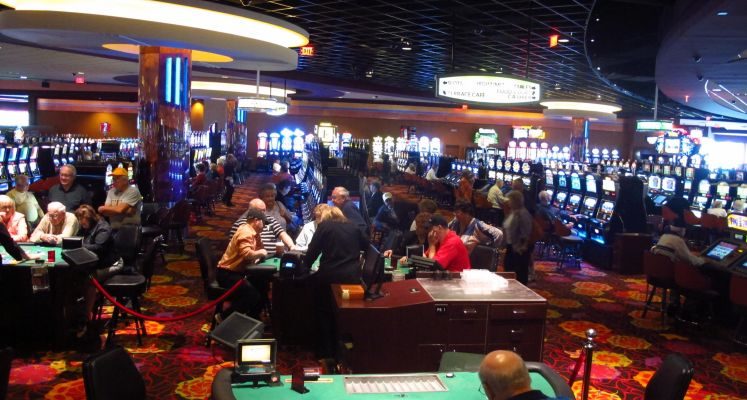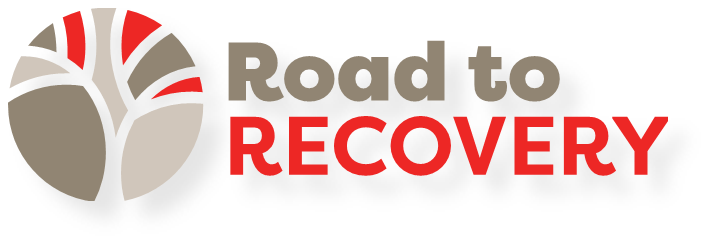Gambling Anonymous Spokane Wa

Gambling Addiction
Compulsive gambling, also called a gambling disorder or gambling addiction, is the uncontrollable urge to keep gambling despite the toll it takes on your life. Gambling means that you're willing to risk something you value in the hope of getting something of even greater value.
- October 15, 2019 - Gambling Commission agrees to $1.25 million settlement with card room owners to resolve money laundering and loansharking allegations Upcoming Events December 17, 2020 - December 2020 Commission Meeting.
- Problem Gambling Treatment Agencies S-2 Willapa Behavioral Health – Long Beach 2204 Pacific Highway North Long Beach, Washington 98631 (360) 642-3787 (South County); (360) 942-2303.
Responsible Gaming Problem Gambling Programs work, call the Washington State Problem Gambling Helpline toll-free at 800.547.6133. At Northern Quest Resort & Casino, we strive to understand problem gambling and to help those who have problems obtain the help they need.
Gambling can stimulate the brain's reward system much like drugs or alcohol can, leading to addiction. If you have a problem with compulsive gambling, you may continually chase bets that lead to losses, hide your behavior, deplete savings, accumulate debt, or even resort to theft or fraud to support your addiction.


Compulsive gambling is a serious condition that can destroy lives. Although treating compulsive gambling can be challenging, many people who struggle with compulsive gambling have found help through professional treatment.

Symptoms
Signs and symptoms of compulsive gambling (gambling disorder) include:
Being preoccupied with gambling, such as constantly planning how to get more gambling money
Needing to gamble with increasing amounts of money to get the same thrill
Trying to control, cut back or stop gambling, without success
Feeling restless or irritable when you try to cut down on gambling
Gambling to escape problems or relieve feelings of helplessness, guilt, anxiety or depression
Trying to get back lost money by gambling more (chasing losses)
Lying to family members or others to hide the extent of your gambling
Jeopardizing or losing important relationships, a job, or school or work opportunities because of gambling
Resorting to theft or fraud to get gambling money
Asking others to bail you out of financial trouble because you gambled money away
Unlike most casual gamblers who stop when losing or set a loss limit, people with a compulsive gambling problem are compelled to keep playing to recover their money — a pattern that becomes increasingly destructive over time.
Gambling Assessment
Gambling Anonymous Spokane Wa Zip
If you believe that you or someone you care about might have a gambling problem, we are happy to schedule a gambling assessment.
Gamblers Anonymous Spokane Wa

Gambling Anonymous Spokane Wa Tacoma
Simply call: (509) 838-6092 Ext. 201